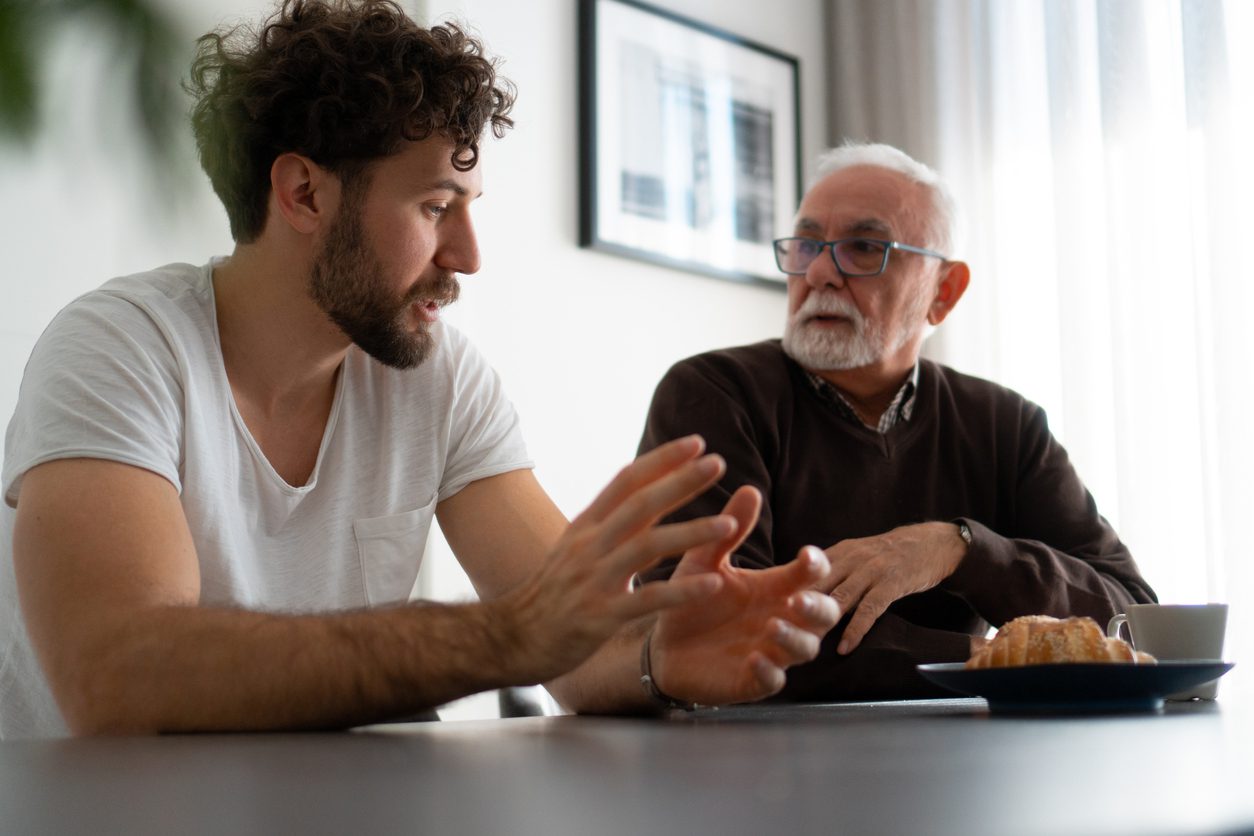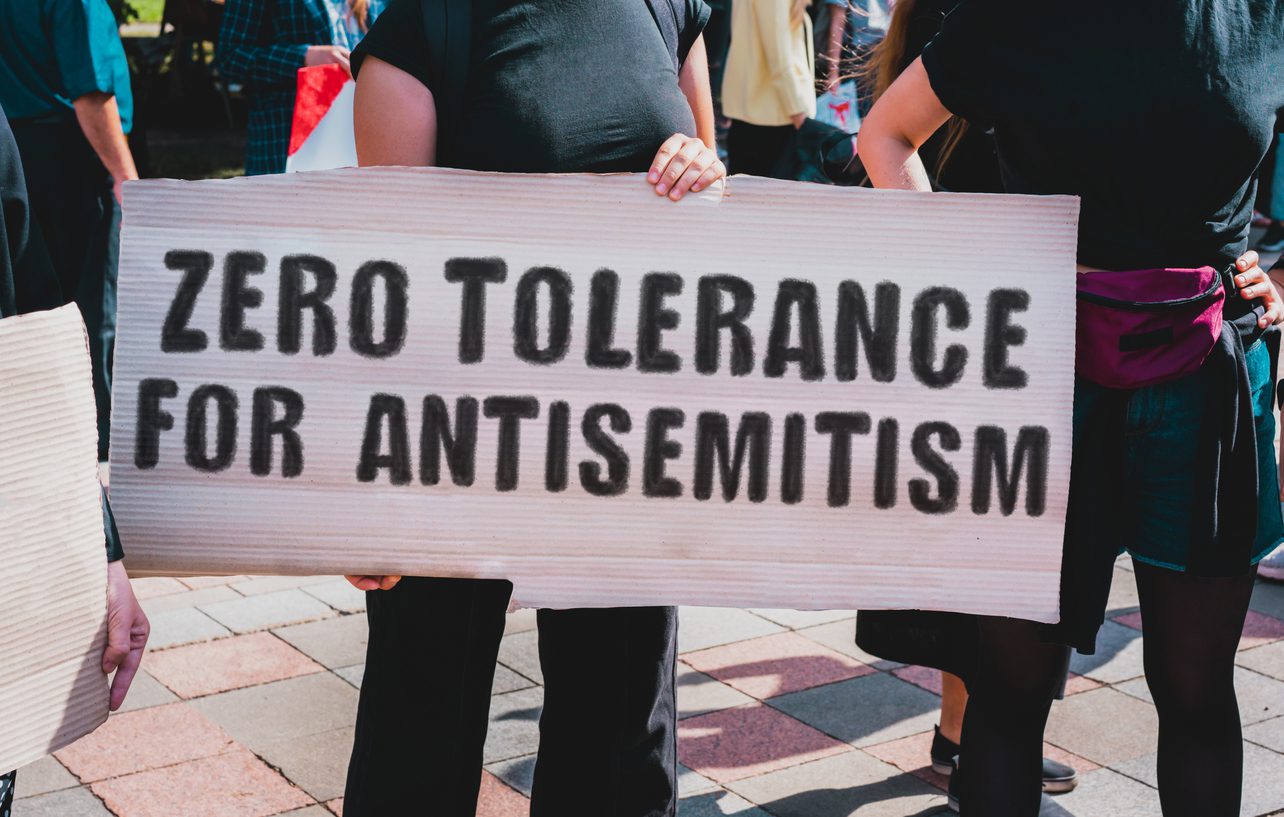By Rich Tenorio
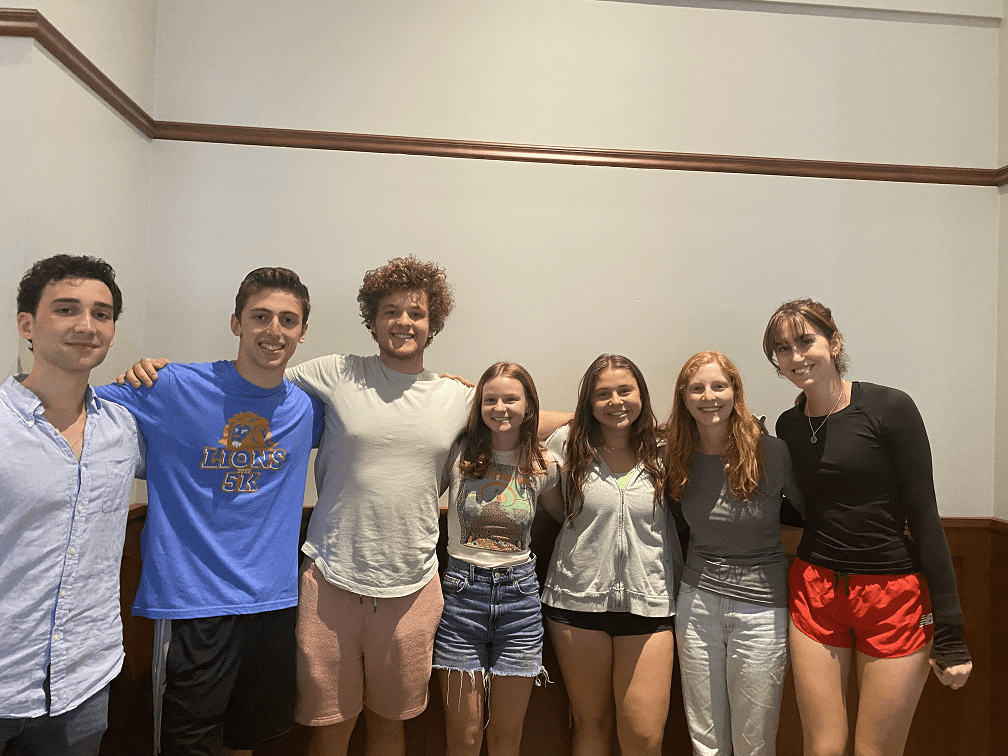
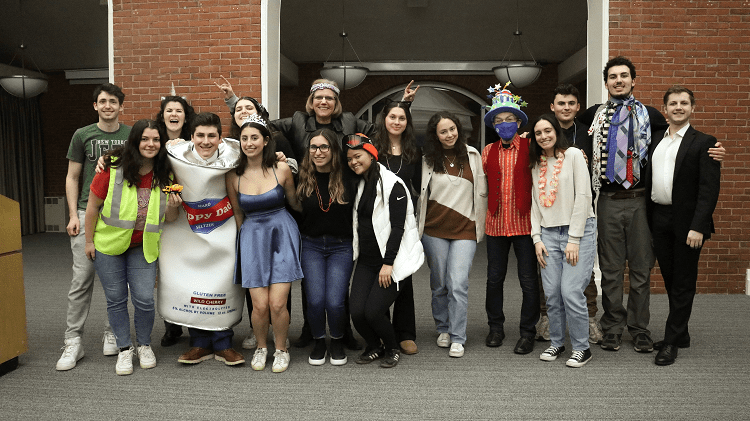
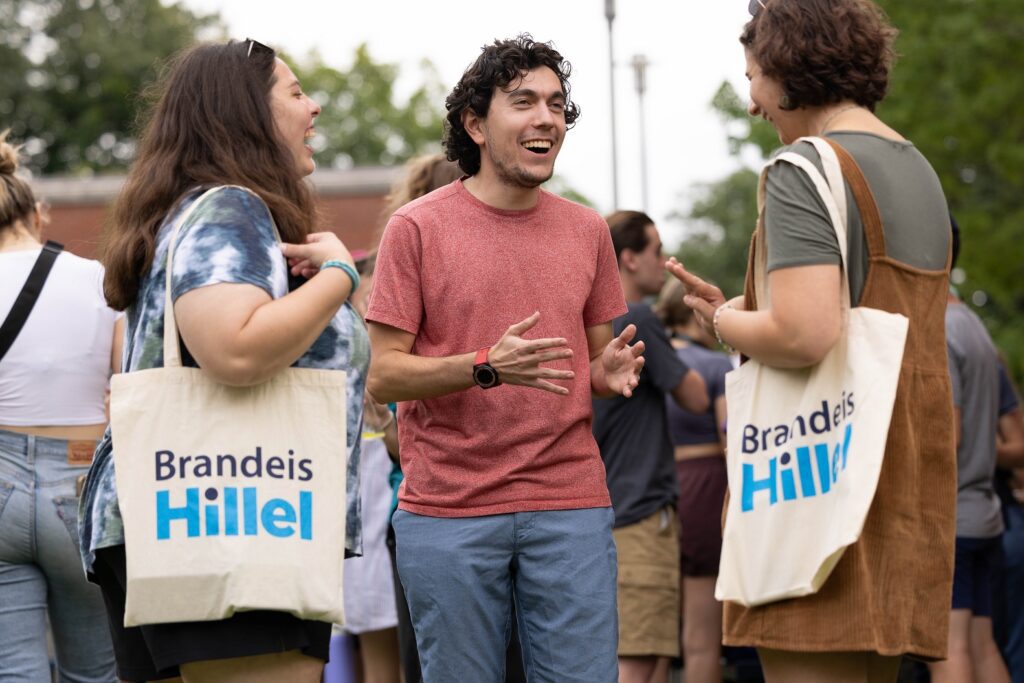
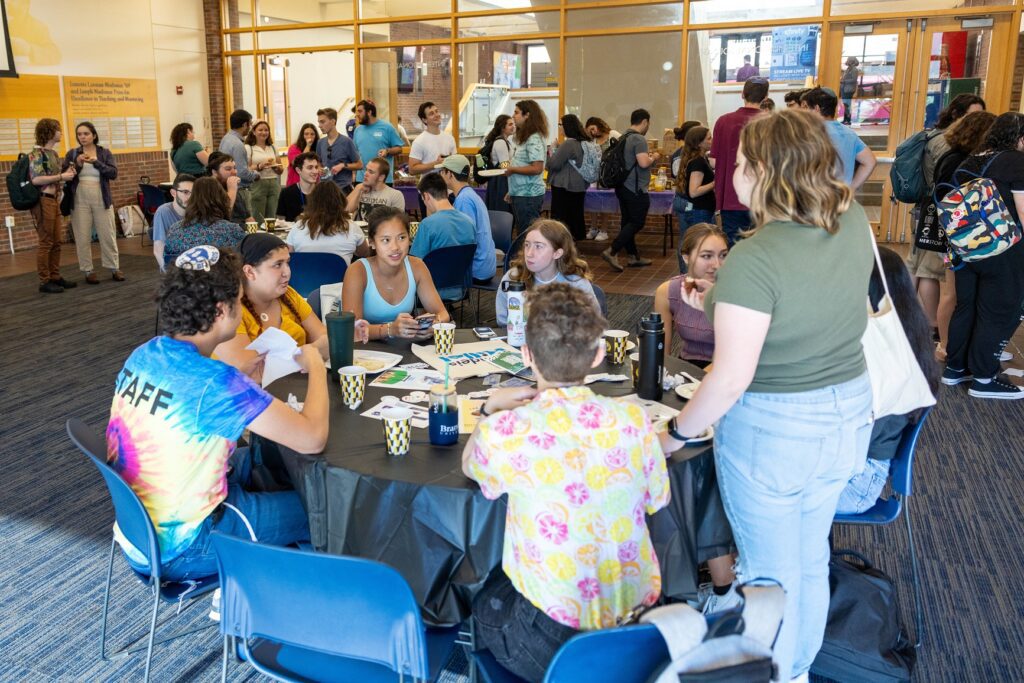
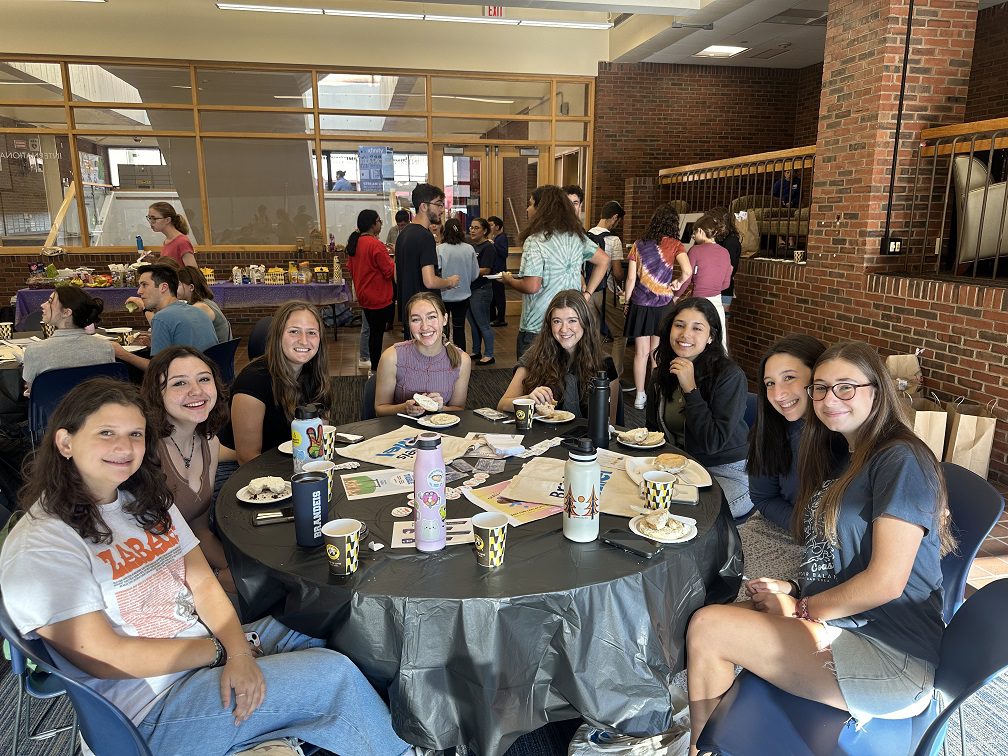
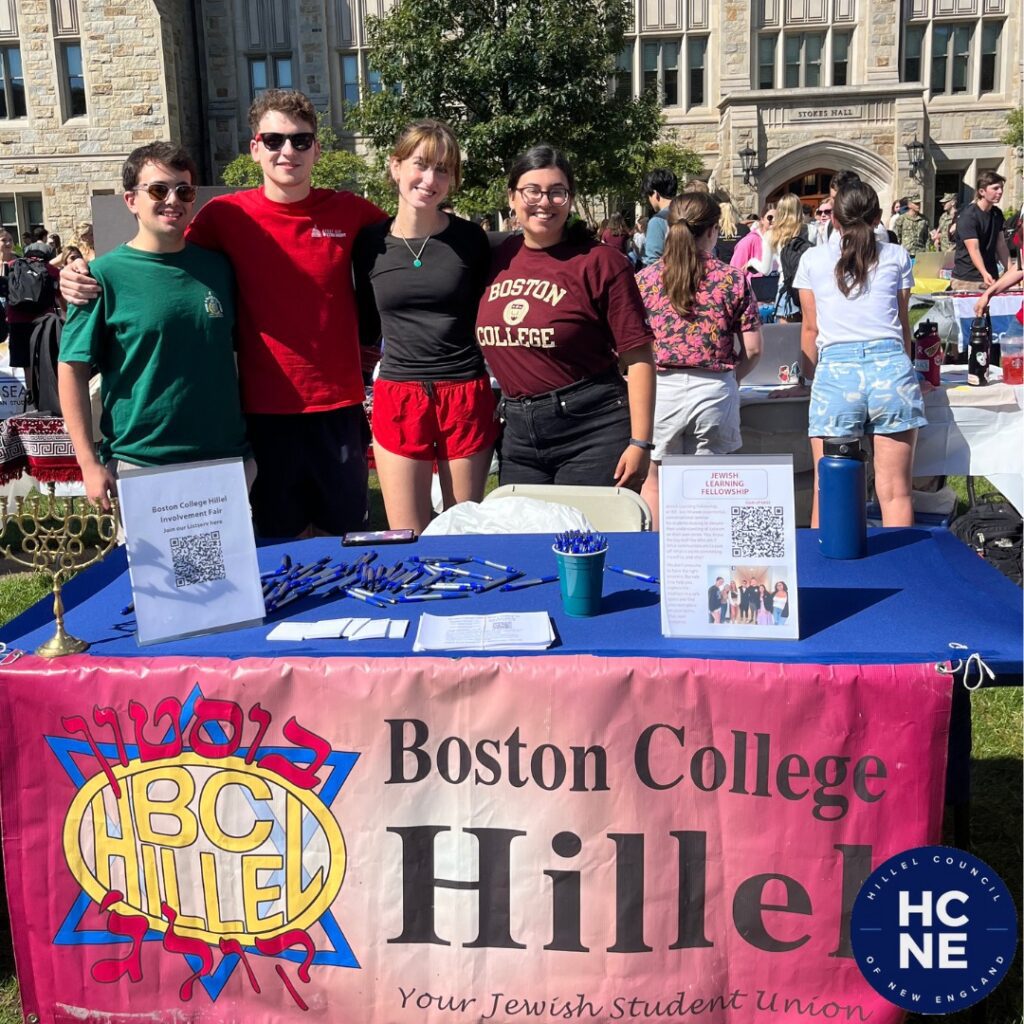
At Brandeis University, the campus Hillel chapter found a way to connect leaders of student groups with Israel and the Palestinian territories—through a 10-day trip to both areas earlier this year.
“Part of the trip was to learn about the conflict and the region,” said Brandeis Hillel executive director Seth Winberg. “It was also to create really genuine connections and friendships between students of different backgrounds.”
Such connections may prove invaluable beyond the trip, extending into the academic year.
“If and when an issue will happen, there are existing relationships among the student leaders,” Winberg said. “I think it’s really helpful.”
The leaders who went on the trip included students from Jewish, Muslim, Catholic, Black and Asian backgrounds. Forging strong and lasting relationships among diverse populations is one way that campus Hillels are combating antisemitism and encouraging allyship as the 2023-2024 academic year begins.
Although campus Hillels are focused on holding events to welcome Jewish students to campus, from bagel brunches to Shabbat services to High Holiday plans, members of the international organization are aware that in some cases over recent years, campus climates have been inhospitable to Jewish students, and are preparing for such incidents on a contingency basis.
Miriam Berkowitz Blue, executive director of the Hillel Council of New England, said that her organization is prepared to help students deal with a gamut of inhospitable experiences should they arise on campus. The Hillel Council of New England works directly with six colleges and universities in the Boston area, including four in the city itself—Boston College, Emerson College, Simmons University and Suffolk University—and two in the surrounding area—Bentley University and Curry College. The council also helps student-led Hillel chapters at three additional universities—UMass Boston, Salem State University and Lesley University.
“A lot of individual outreach on so many positions is through individual counseling,” she said, adding that through such counseling, students “know where they can go to if, God forbid, something happens. An advisor is their first point of contact for an antisemitic incident—unfortunately, this is 2023—a billboard being vandalized, social media bullying or harassment, and also, of course, anti-Israel bullying in the classroom.”
In October 2021, Hillel International partnered with the Anti-Defamation League on a survey of antisemitism among Jewish college students nationwide. The survey found that 32% of respondents had experienced antisemitism personally on campus. Such experiences included students facing blame for Israeli government actions on the basis of their individual Jewish identity (12%).
The survey reported that incidents of physical threat or attack were the lowest type of antisemitism personally experienced by students (1% each). However, security issues remain a concern for local Hillels. Brandeis’ Winberg said that there are security preparations in place for High Holiday observances for the upcoming year 5784, including through greeters who are either students or Hillel staff members.
“People who know the community, who’s supposed to be coming, are often Hillel staff and students,” he noted. “The right balance is ‘open and welcome’ with ’prudent and safe.’”
Reflecting concerns over antisemitism on campus, three separate constituencies were called upon by percentages of Jewish students in the survey to further address the issue—student governments (32%), campus employees (27%) and faculty (25%). Berkowitz Blue wants Greater Boston Jewish students to understand the existing resource they have in Hillel.
“The important point,” she said, is for students “to know they have a support system. We work closely with the administration. We’re a sounding board that gives [students] resources to, number one, build relationships that cultivate their own positive Jewish student experience.”
Relationship-building can benefit constituencies other than students. For instance, Hillel professionals can reach out to colleagues of other faiths on campus.
“It’s very important to have them as partners and colleagues, to show up for them if something happens, such as an Islamophobic event or an attack on a person of color or a multicultural space,” Berkowitz Blue said. “It’s important for us … to be seen as allies, not just because it’s the right thing to do.” As she explained, “How can we expect anyone to stand up for us if we don’t do it for them?”
Rich Tenorio covers antisemitism news for JewishBoston.com. His work has appeared in international, national, regional and local media outlets. He is a graduate of Harvard College and the Columbia University Graduate School of Journalism. He is also a cartoonist. Email him at richt@cjp.org.
 Share your story
Share your story 


